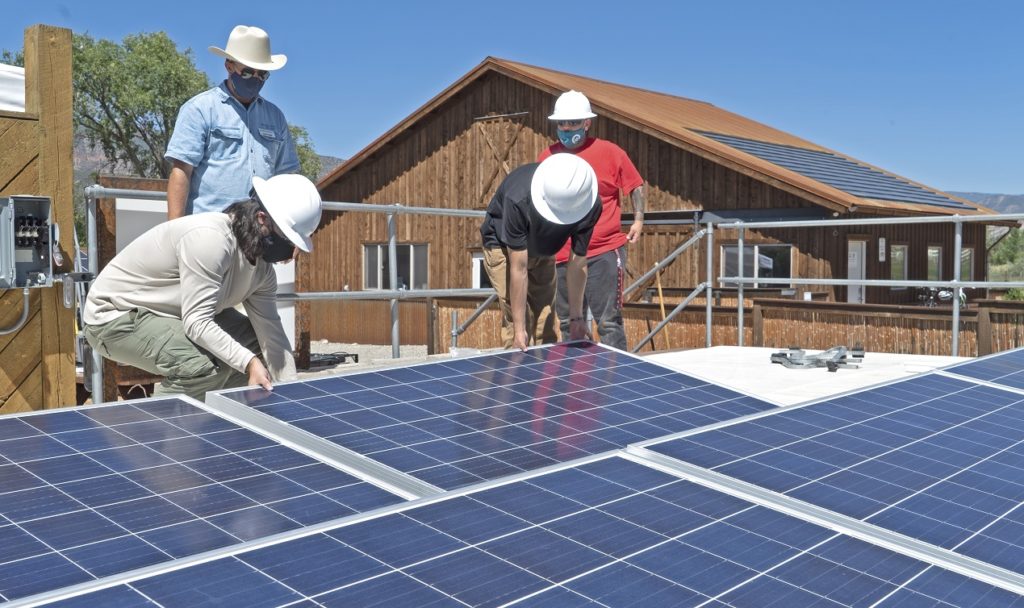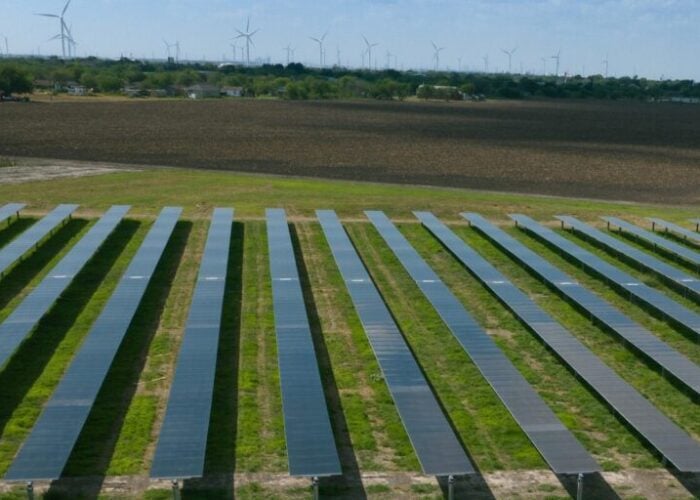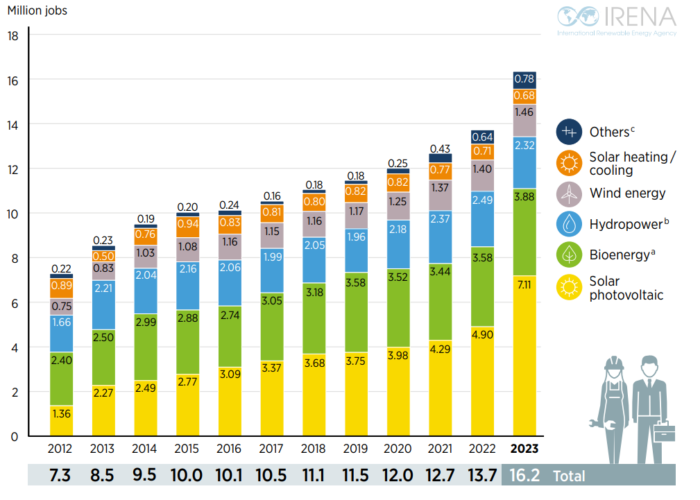
Demand for skilled solar workers is outstripping supply for roles such as electricians and sales professionals, with employers battling to secure the top talent as PV deployment accelerates.
That is according to recruitment companies spoken to by PV Tech Premium that have called on the solar sector to heighten its focus on workforce training and attract candidates from other industries to avoid a potential hiring bottleneck.
Unlock unlimited access for 12 whole months of distinctive global analysis
Photovoltaics International is now included.
- Regular insight and analysis of the industry’s biggest developments
- In-depth interviews with the industry’s leading figures
- Unlimited digital access to the PV Tech Power journal catalogue
- Unlimited digital access to the Photovoltaics International journal catalogue
- Access to more than 1,000 technical papers
- Discounts on Solar Media’s portfolio of events, in-person and virtual
Or continue reading this article for free
In the US, manufacturers of modules, inverters and trackers are all fighting for the same high calibre sales professionals due to rapidly increasing project sizes and a larger capacity of products to sell, said Jamie Taylor, managing director of onshore renewables at recruitment consultancy Taylor Hopkinson.
“Therefore, demand well exceeds supply and companies need to be smarter with their hiring strategy.”
According to Taylor, the recruitment needs of the solar sector are changing regularly, with periods when development talent is in high demand followed by the need for construction professionals and then workers to carry out operations and maintenance tasks.
And with an increase in the number of solar-plus-storage projects, Taylor Hopkinson’s clients are now pushing for candidates to have experience in both technologies, especially from an engineering perspective.
Research published last year revealed the number of jobs in the global solar PV industry could increase almost 10-fold by 2050 if the world transitions to derive 100% of its energy from renewables by 2050, by which time there would be 60 million solar workers, most in the utility-scale segment.
An increase in solar project sizes has impacted US-based workforce management platform Workrise, whose industry partners require crew members with large-scale PV construction experience and an understanding of safety concepts along with the ability to follow project execution plans.
Hao Meng, the company’s head of renewables, said the nationwide demand for talent in infrastructure, renewable energy, data centres, electric vehicles and high-tech manufacturing is creating a shortage among electricians in the US.
“These workers’ skills are highly transferable and in demand so the competition for their services is high,” she said.
Having changed its name from RigUp early last year to reflect its expansion from serving the oil and gas industry to sectors such as solar, wind and construction, Workrise raised US$300 million in a Series E funding round in May. The firm’s platform matches workers with employers, manages payroll and provides access to training.
Meng said the solar industry needs to continue investing in the training and upskilling necessary to fill the skills gap: “If we are investing in our workers, it’s going to have a positive impact on the entire skilled labour ecosystem.”
According to Taylor, more can be done from an educational perspective, such as by increasing the number of courses and university degrees available in renewable energy and solar engineering.
He said: “Upskilling and reskilling existing workers in transferable sectors is a popular solution and it is common for those working in oil and gas, electrical or infrastructure projects to seek a move into the booming renewable energy industry.”







